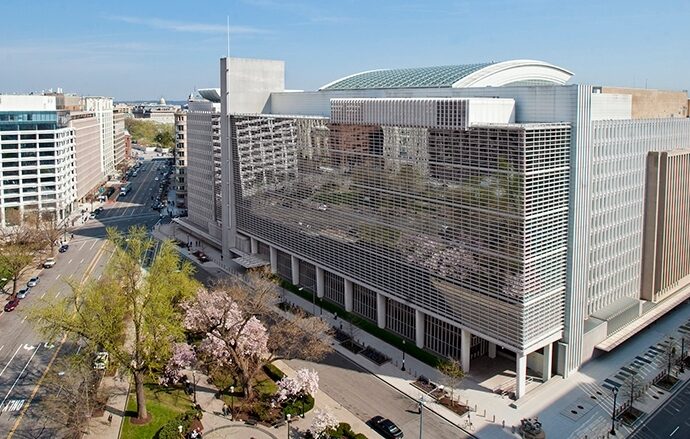The World Bank’s approval of US$600 million in financing for the Philippines to support digitalization reforms is a significant step towards promoting a digital economy and financial inclusion in the country. This investment will help digitize government operations, stimulate the growth of digital services, and encourage the adoption of digital payments and financial services.
The Philippines’ First Digital Transformation Development Policy Loan (DPL) aims to address the challenges faced by small businesses in utilizing digital technology and expanding their operations. Currently, cash is the dominant form of payment for most transactions in the country, hindering the development of a digital economy. Transitioning to a cashless economy would not only provide convenience but also enable swift and efficient responses during climate-related and natural disasters.
By promoting digital transactions, affected individuals can receive government assistance or insurance payouts promptly, facilitating their recovery and rebuilding efforts. Moreover, economies heavily reliant on cash payments incur costs associated with handling cash, such as fraud and corruption risks, delays in delivering services, and increased business expenses. Therefore, transitioning to digital payments can help reduce these costs and improve efficiency.
While internet use in the Philippines has experienced rapid growth, the high cost of internet access remains a challenge for small businesses. To address this issue, the approved financing will support reforms that enhance competition and invest in broadband services, aiming to reduce costs, improve service quality, and increase access.
The DPL also aims to extend financial inclusion to underserved and unbanked segments of the population, including women. By promoting broader acceptance of digital payments, strengthening trust in digital financial services, and enhancing competition in digital financial infrastructure, the reforms will enable more individuals and businesses to access digital financial services. This transition from a predominantly cash-based economy to a digital one will foster economic growth and resilience.
In addition, the DPL will support reforms that promote the uptake of e-commerce by consumers and businesses. This will further boost business growth in digital services, creating opportunities for entrepreneurs and stimulating economic development.
The World Bank’s investment in digital technology adoption in the Philippines is a crucial step towards empowering individuals, improving government services, and driving productivity growth. By embracing digitalization and transitioning to a cashless economy, the Philippines can unlock the benefits of efficiency, transparency, and resilience, ultimately contributing to sustainable development and a greener future.









